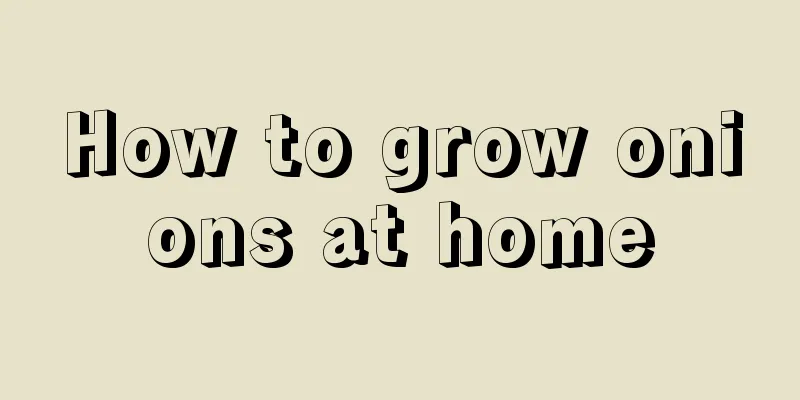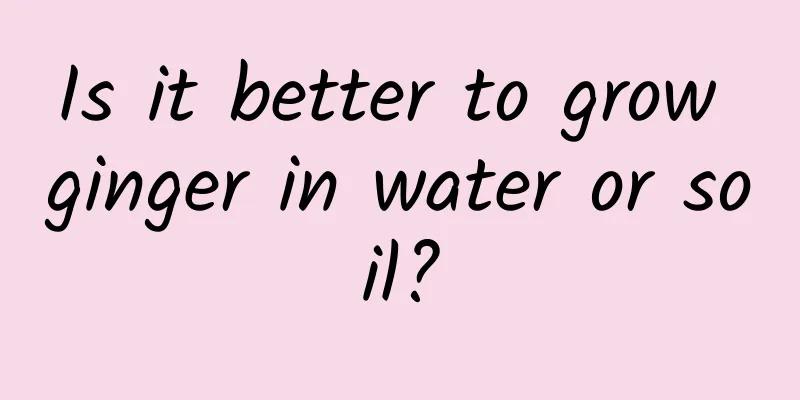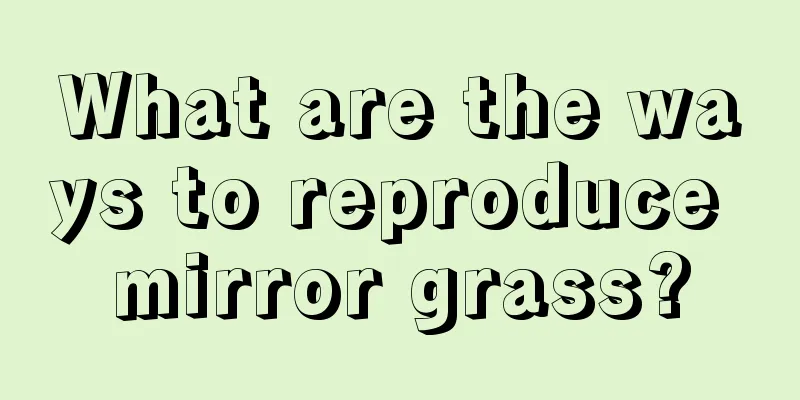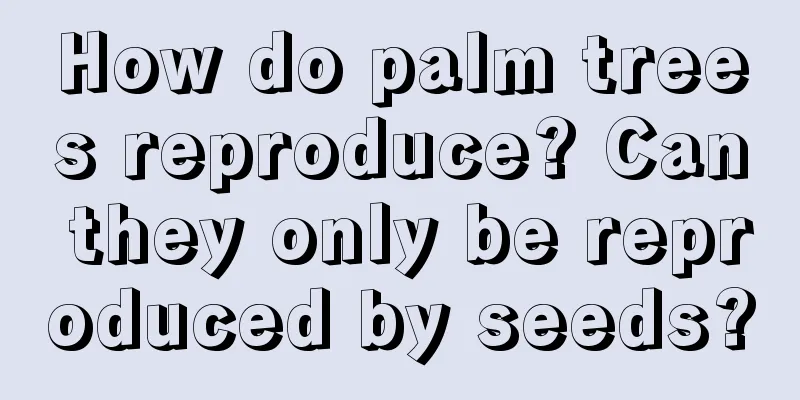Common symptoms and treatments of cattle not eating grass
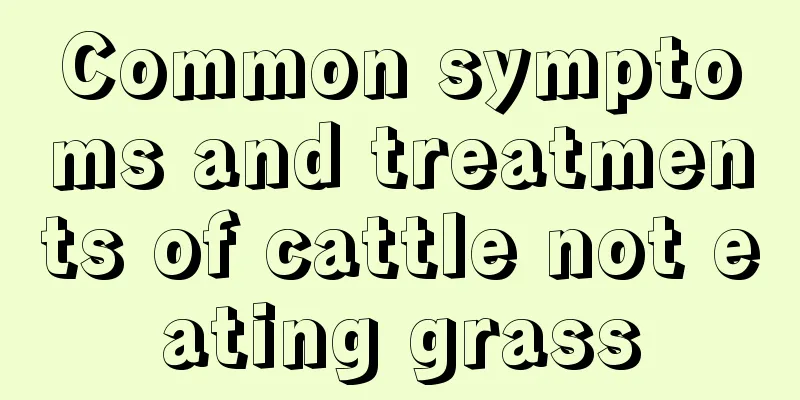
|
Cattle are a common ruminant animal that mainly feeds on grass. However, in daily breeding, we sometimes find that cattle do not eat grass, which may be caused by various diseases. So what are the common diseases? How to treat it? Let’s learn more about it below. 1. Rumen food accumulation Rumen indigestion is mainly caused by cattle eating a large amount of roughage or low-quality feed, which causes the rumen of the cattle to not move normally. Treatment method: Stop feeding in time and massage the cow's rumen to help it digest. If necessary, inject carbachol chloride to promote rumen motility. After discharging the contents of the rumen, you can mix the feed and use: Anwei Taibao + Multivitamin Taibao, which is beneficial for strengthening the stomach and promoting rumination. 2. Gastroenteritis Poor quality of cattle feed , unreasonable mix of roughage and fine feed, sudden change of feed, colds, overwork, etc. can cause adverse stimulation to the cattle's stomach and intestines, thereby causing gastroenteritis. At this time, the cow will lose its appetite and stop ruminating or chewing its cud. Treatment method: First, the cattle can be fasted for 1-2 days, and then fed some soft and easily digestible feed. At the same time, the following products are given to cattle: Anwei Taibao + Anli Taibao, which can reduce inflammation and relieve pain, and repair gastrointestinal damage caused by inflammation. 3. Fever Cows will not eat grass when they have a fever. If we encounter the phenomenon that cows do not eat grass, we must measure the cow's body temperature in time. Once the cow's body temperature is higher than 39.5℃, it is considered to have a fever. Treatment method: You can use ceftriaxone + aminopyrine to reduce the fever of cattle, and use it in conjunction with injections: Do not use Taibao injections. After the fever of the cattle is reduced, the cattle can resume normal eating. 4. Foot-and-mouth disease Foot-and-mouth disease is a highly contagious disease that causes blisters and ulcers in the mouths and hooves of cattle, along with symptoms such as loss of appetite. Treatment method: Intramuscular injection: Severe Taibao injection + naproxen injection, which have the effects of reducing fever and antiviral, once a day for 3 consecutive days. It can also be used in combination with traditional Chinese medicine: Qingwen Taibao + Multivitamin Taibao, mixed with feed or drinking water, the main effects are anti-viral, anti-inflammatory, anti-stress, and improving the immunity of cattle. 5. Constipation Generally, cattle feed lacks sufficient fiber or contains too much concentrated feed, which will affect the intestinal motility of cattle and cause constipation. Treatment: You can use warm soapy water for enema, or use slow-acting laxatives such as magnesium sulfate, sodium sulfate, paraffin oil, etc. to promote defecation of the sick cows. In general, there are many diseases that cause cows to not eat grass. To address this problem, we should analyze the causes based on the specific situation and take appropriate solutions.
|
<<: Tomato planting methods and management methods
>>: How to remedy the problem of gardenia buds falling off?
Recommend
How to distinguish the quality of Clivia by its leaves
Leaf length-width ratio The leaves of high-qualit...
How long does it take for jade leaves to germinate?
How long does it take for jade leaf cuttings to g...
What is the best fertilizer for Huangguan Pear?
Huangguan Pear Fertilization Time Quick-acting fe...
How to trim excess leaves from a bird of paradise?
Bird of paradise requires plenty of light, at lea...
Cultivation methods and precautions for Ji Rose (how to maintain it so that it can easily bloom)
The Ji rose is a very miniature variety of roses,...
Disease and Pest Control of Peony
Diseases The first is "anthracnose", wh...
How to cultivate bean curd green to make it more vigorous
Growing conditions of Chinese evergreen When cari...
What are the legends and meanings of Oxalis?
1. Flower language introduction There are three m...
Is it good to water flowers with the green water? Is it good to water flowers with the green water?
In the past, there was often a large water tank i...
When is the best time to plant sunflower seeds?
Sunflower seed planting time Sunflower is an annu...
What does bamboo symbolize?
1. Integrity Green bamboo has a very good growth ...
What should I do if the dragon boat flower loses its leaves?
1. Improper watering Ipomoea batatas likes a humi...
What kind of crop is millet
What kind of crop is millet? Millet is a common f...
How to grow succulents
1. Lighting Succulents prefer light. In summer, t...
Don’t keep spider plants in the living room. Keep one of these “4 types” of house-guarding trees at home to bring good luck in the new year!
Rubber Tree Although rubber trees are most suitab...
